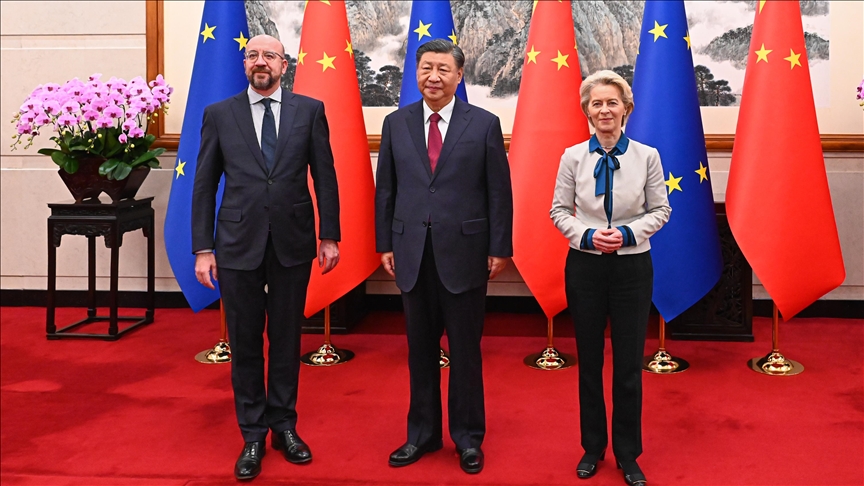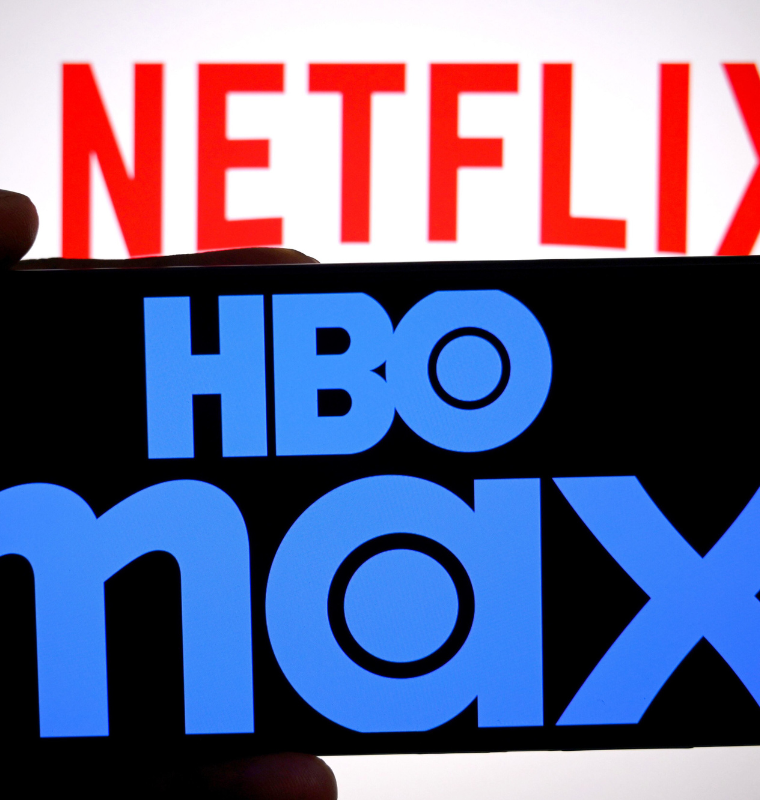European Markets Climb Amid Renewed Optimism Despite U.S.-China Trade Rift
European Markets Climb Amid Renewed Optimism Despite U.S.-China Trade Rift
By
Calder Monroe
Last updated:
October 15, 2025
First Published:
November 30, 2025

European markets are poised for a cautious rebound on Wednesday, with investors regaining confidence after a turbulent week dominated by renewed tensions between the United States and China. Following a two-week slump, futures indicate a positive open across major European indices.
According to early data from IG, London’s FTSE 100 is set to rise by 0.37%, Germany’s DAX by 0.4%, France’s CAC 40 by a robust 1.72%, and Italy’s FTSE MIB by 0.6%. The upturn signals a tentative shift in sentiment after global markets were rattled by fears of another round in the U.S.-China trade standoff.
Renewed Trade Tensions Between the U.S. and China
The geopolitical friction reignited late last week when U.S. President Donald Trump announced potential new tariffs on Chinese imports, aiming to “financially counter” Beijing’s newly imposed export restrictions on rare earth minerals, which are vital for the global technology and defense sectors.
The move comes at a time when rare earths — a group of 17 critical minerals — have become a strategic flashpoint in global supply chains. China currently controls over 60% of global production and more than 80% of processing capacity, giving it significant leverage in trade negotiations.
Tensions escalated further on Tuesday after Trump accused China of halting soybean purchases, describing it as an “economically hostile act.” The U.S. president warned of potential “retribution,” hinting at measures that could include restrictions on cooking oil imports.
Market analysts say the rhetoric could weigh on investor confidence if it triggers a new round of retaliatory trade measures, reminiscent of the 2018-2019 tariff war that wiped out billions in global equity value.
Asian and U.S. Markets React
Despite the brewing trade dispute, Asia-Pacific markets ended higher overnight, supported by tech-led gains in Japan and South Korea. The Nikkei 225 advanced 0.9%, while South Korea’s Kospi added 0.6%, and Hong Kong’s Hang Seng Index rose 0.8% after a volatile start to the week.
In the United States, stock futures were mostly unchanged following a choppy session on Wall Street. The S&P 500 closed flat on Tuesday, the Dow Jones Industrial Average slipped 0.12%, and the Nasdaq Composite edged up 0.2% as investors balanced optimism over tech earnings with caution over trade headlines.
Political Developments in France Add to Market Focus
Meanwhile, Europe’s political landscape is adding another layer of complexity to investor sentiment. French Prime Minister Sebastien Lecornu announced on Tuesday the suspension of a controversial pension reform — a flagship policy of President Emmanuel Macron — until after the 2027 national elections.
The announcement came after weeks of labor unrest and declining approval ratings for Macron’s government. The French Socialist Party welcomed the move, pledging to support Lecornu’s administration during Thursday’s confidence votes initiated by opposition parties.
French equities responded positively to the news, with the CAC 40 futures showing the strongest pre-market momentum among major European indices.
Eyes on IMF and World Bank Meetings
Global investors are also turning their attention to Washington, D.C., where the International Monetary Fund (IMF) and World Bank are holding their annual meetings. The sessions bring together global finance ministers, central bankers, and private sector leaders to discuss issues ranging from global growth forecasts to debt sustainability.
Key topics expected to dominate discussions include the ongoing impact of geopolitical tensions on trade, slowing global growth projections, and the mounting fiscal challenges faced by emerging economies. The IMF recently projected global GDP growth at 2.9% for 2025, slightly down from earlier estimates due to trade disruptions and tightening financial conditions.
Market watchers believe any policy signals from these meetings could heavily influence investor sentiment in the days ahead, especially as central banks across Europe grapple with balancing inflation control and growth stability.
Outlook
With earnings season underway and trade tensions resurfacing, European markets are entering a critical phase. Analysts at Deutsche Bank suggest that while short-term volatility may persist, strong corporate fundamentals and easing inflation across the eurozone could support a gradual recovery in equities.
Still, much depends on how the U.S.-China relationship evolves in the coming weeks. “Any escalation could swiftly reverse the current optimism,” said one London-based strategist. “Markets are walking a tightrope between hope and uncertainty.”
For now, investors appear ready to take a cautiously optimistic stance — betting that diplomacy, not tariffs, will define the next chapter in global trade.
Popular articles
Subscribe to unlock premium content
Gilded Holidays in Fashion

How HBO Max Used the Power of Limited Series to Redefine Streaming Competition and Challenge Netflix’s Binge Culture

How Stranger Things Revolutionized Netflix and Redefined Streaming Entertainment

Gilded Holidays in Fashion

How HBO Max Used the Power of Limited Series to Redefine Streaming Competition and Challenge Netflix’s Binge Culture

Gilded Holidays in Fashion









